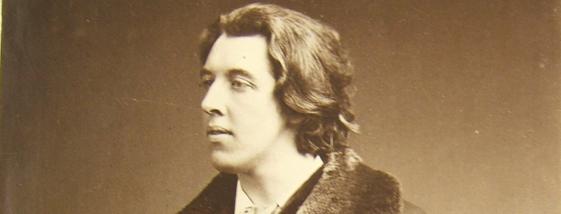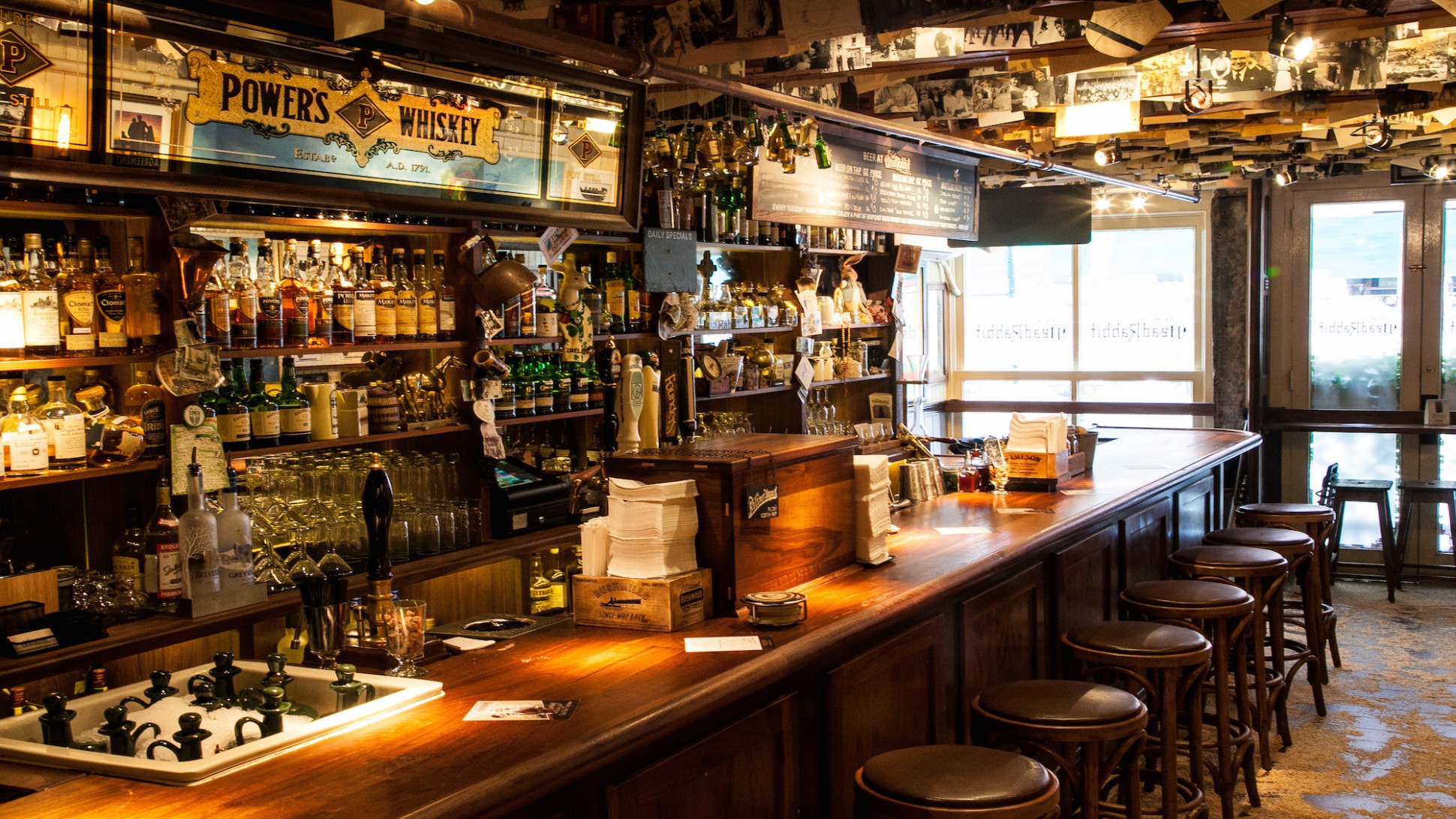

Critics like to set Ruskin in opposition to Pater, especially because Ruskin called the Italian Renaissance a decline for Western civilization-he preferred the Middle Ages-but both men ascribed a sublime value to art, and both set lessons into the very motions of prose. Ruskin is also a great prose stylist he thought of style as the working outward, through the resistance of raw material, of the growth of the soul. The artist must be faithful to nature if he would honor God’s handiwork. Like Pater, Ruskin believed in a morality of art, but he did not mean by this what Pater implied, that aesthetics can replace theology he meant that art should put itself to higher service. “To burn always with this hard gem-like flame,” runs his most famous line, “to maintain this ecstasy, is success in life.” 3 To this he added a sense of life as grand drama and an exhortation to exhaust every moment. Pater not only put these subjects at the center of his philosophy, he made an art of the discussion of them, and he turned things so that the presence of art is no polish upon discussion but the reason it exists. Wilde brought from Trinity College, Dublin a love of aestheticism and things Greek.

Pater was the writer who showed Wilde the critical possibilities of his own emotional idiom. Wilde committed large portions of The Renaissance to heart and in later years referred to it as his “golden book” (Ellmann, 47). It was an event of his life, comparable to a religious experience. When in his freshman year he read Pater’s Studies in the History of the Renaissance (1873), the book had the force of a revelation. Wilde attended Ruskin’s lectures and carted mud for his road-building project, but he pursued and eventually won Pater’s friendship. The teachers he sought out at Oxford were John Ruskin, the Slade Professor of Fine Art and at fifty-five already an eminence grise in British art criticism, and Walter Pater, a fellow of Brasenose College, twenty years younger than Ruskin and an aspirant to his position. It was necessary for his style of humor that he speak with the effortless superiority of a gentleman, even if the energy of his satirical imagination fed on an outsider’s sense of alienation. Bodley describes an overweening freshman who, after his errors of etiquette earned him scorn as “a good-natured though unsophisticated young Irishman,” systematically reshaped himself into a figure who in dress and bearing “out-Oxforded young Oxford.” 2 “My Irish accent was one of the things I forgot at Oxford,” Wilde later explained (Ellmann, 38). Bodley, wrote in 1882 for the New York Times a cruel but probably faithful account of Wilde’s undergraduate years. He had entered Magdalen College in the fall of 1874 after passing through Trinity College, Dublin on a Royal School Scholarship. Near death he called himself, by way of giving a hint to his eulogists, “the infamous St Oscar of Oxford, Poet and Martyr” (Ellmann, 105). He was to tailor his own name to his personal mythology. “Is not that grand, misty, and Ossianic?” 1 “He is to be called Oscar Fingal Wilde,” she wrote to a friend. Her second son she named Oscar Fingal O’Flahertie Wills Wilde. (Among her ancestors she listed Dante.) Having named herself for greatness, she determined that her children would not row through life on ordinary praenomens. She was born plain Jane, but because she lived to delight her biographers, she signed herself Speranza Francesca Wilde, a name that looked appropriately glamorous above her poetry and signaled a bloodline that was, she always claimed, Italian and blue. Wilde’s social class would be strongly determining not only of his targets for satire, but of a casual extravagance in matters of romance that would contribute to his downfall.

Born in Dublin in 1854, Oscar Wilde was the son of prominent and affluent parents when he was nine, his father received a knighthood.


 0 kommentar(er)
0 kommentar(er)
